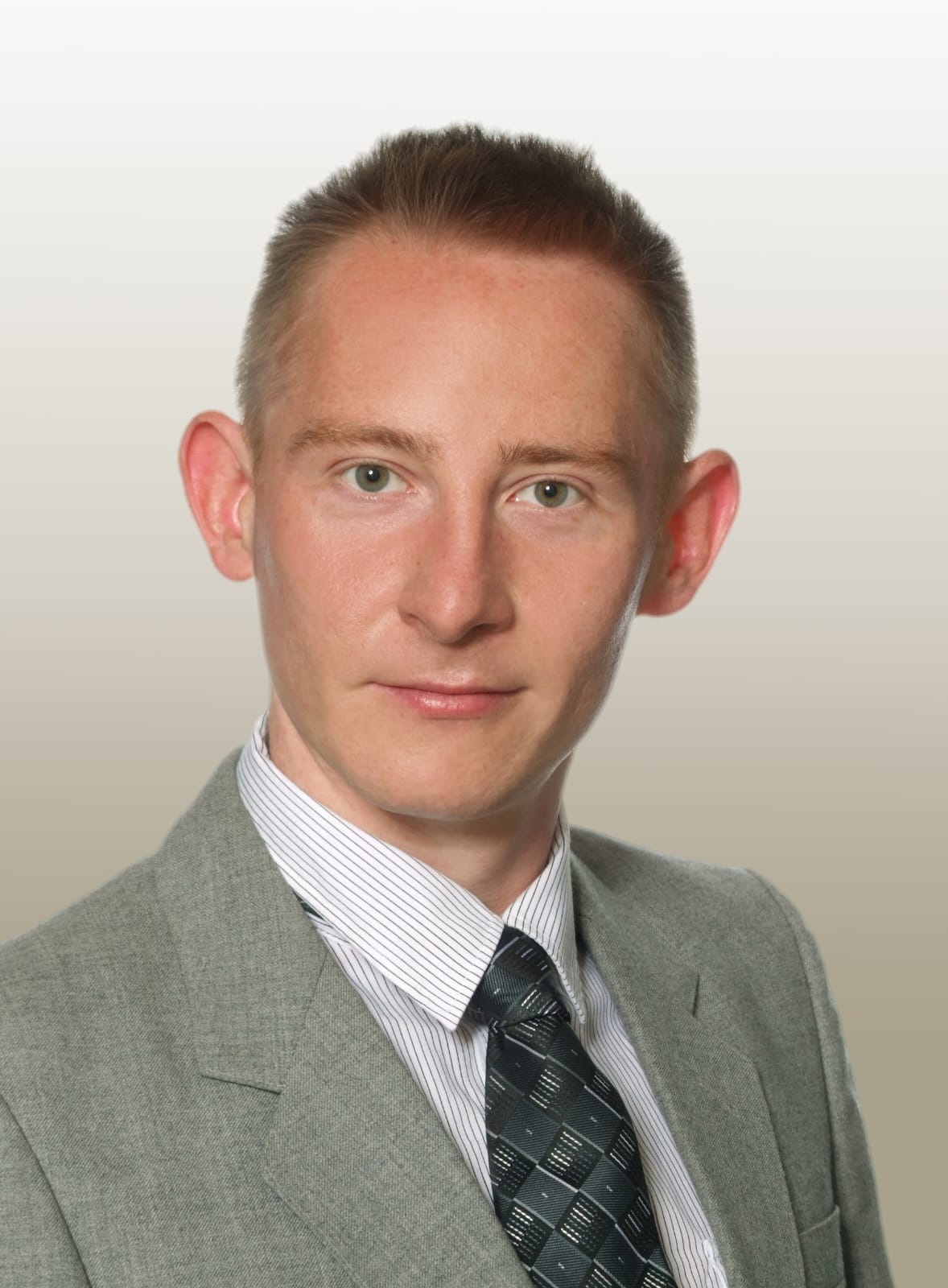I have been living in Wales for more than nine years now. It is a lovely country with beautiful beaches, mountains, friendly and kind people, and a unique culture. I have even been learning the Welsh language and adopted some Welsh traditions as a foreigner. It is not surprising I became a British citizen in my lovely city of Wrexham. Additionally, I feel very proud to work as a pharmacist. Being a pharmacist is a part of my identity.
Another part of my identity is being a gay man. I am proud to be part of the LGBT+ movement. The acceptance of my sexuality empowered me to reach even higher than expected. It gave me hope that we can build a better future for the future generation. Through LGBT+ organisations in England and friends, I met incredible and inspiring people while living in Wales. The feeling of being accepted and supported is enormous.
However, there are also many problems that our community needs to face. There are no LGBT+ places in the city where I live and there is a significant lack of local support structures in my area. People are trying to cooperate together in formal groups to support each other or initiatives. There are no LGBT+ events. The situation is not better in the healthcare services.
LGBT+ visibility in healthcare
Firstly, the lack of visibility for our community in the common spaces results in limited awareness and knowledge about it. There is an insufficient level of education among healthcare providers. They just don’t know how to respond appropriately while dealing with LGBT+ representatives, and if I can be honest, I don’t blame them. There is not enough focus on LGBT+ issues on the NHS agenda. With NHS’s vision covering inclusivity, diversity, and respect for the community must come education, time, and effort. I heard a few times how healthcare professionals treated people from our community with bias and stigmas. The behaviours will not change until we change people’s perceptions and give them the right communication tools.
Secondly, stigma is a big issue. Some people cannot access healthcare services without inappropriate assumptions or judgement. They are afraid to access sexual health clinics, access proper treatment from the hospital, GP, or community pharmacy or even have a chat with the pharmacist. They are scared because other people, whether family, friends, work colleagues, or third parties, have judged them before. That’s why I believe we can have a significant contribution to changing this point of view for healthcare services. If we would not change our focus, there is a risk of leaving so many patients without proper help.
Thirdly, the community faces many mental health issues. Statistically, there is more prevalence of depression, anxiety disorders, eating disorders, addictions, and other medical conditions compared to the general public. NHS England published data that indicated that health inequalities are significant and affect the level of care obtained. It is crucial to cite, “If you don’t count us, we don’t count.” We need to tackle health inequality not by ticking boxes on the training sheets or having online training. There must come from implementing an inclusive approach without discrimination or harassment starting from the directors and superiors. Health inequalities do not impact only the LGBT+ community but, we can make a difference with honest and just leadership.
Lastly, the LGBT+ culture emphasises so many valuable aspects of life. It embraces diversity, acceptance of minorities, inclusivity, and respect for all. It also empowers people to be who they truly are without fear or shame. As RuPaul, drag race superstar host, musician, actor, and model, said, “If you can’t love yourself, how in the hell are you gonna love somebody else?” This powerful self-love message encourages us to accept ourselves as we are and accept all individuals as they are. Remember, you are amazing just the way you are.
The PDA’s LGBT+ Network is working together to challenge and change some of the issues I have spoken about here. Since its beginnings in 2020, the group has campaigned to include more LGBT+ education within the MPharm curriculum and built a collective voice for LGBT+ pharmacy students, trainees, and pharmacists through articles, events, and most recently their work on Gender Affirming Care.

By Sebastian Sarama (he/him), hospital pharmacist and PDA LGBT+ Network member
Get involved
- Join the PDA LGBT+ network here.
- Follow the PDA LGBT+ Network on social media using the hashtag #PDAlgbt
- Contact the PDA LGBT+ Network committee know by emailing [email protected]
Learn more
- LGBT in Britain – Health
- What are healthcare inequalities?
- New equality guidance for pharmacies
- PDA LGBT+ Network writes to GPhC and PhSC on more inclusion of LGBT+ education in the MPharm programme (8/10/21)
- The PDA LGBT+ Network publish statement on Gender Affirming Care (10/4/22)
Not yet a PDA member?
If you have not yet joined the PDA, we encourage you to join today and ask your colleagues to do the same.
Membership is FREE to pharmacy students, trainee pharmacists, and for the first three months of being newly qualified.
Read about our key member benefits here.